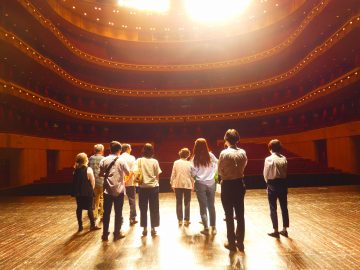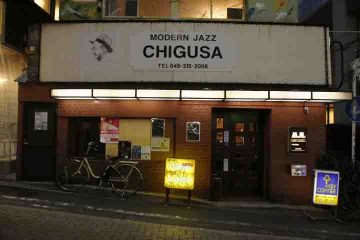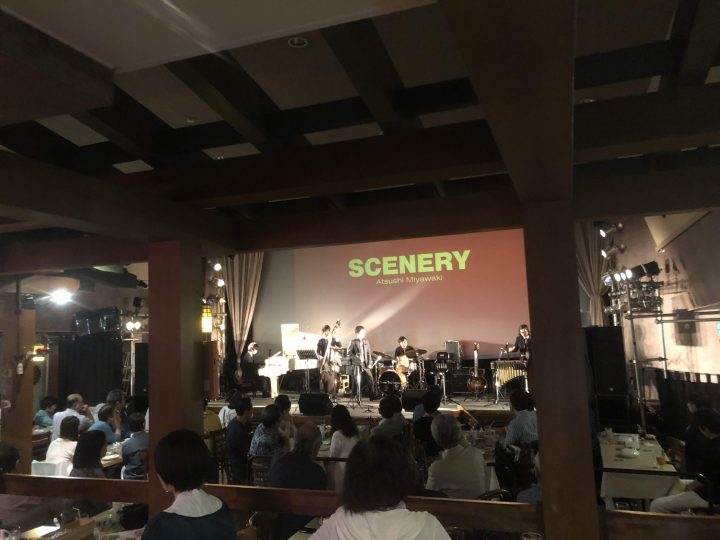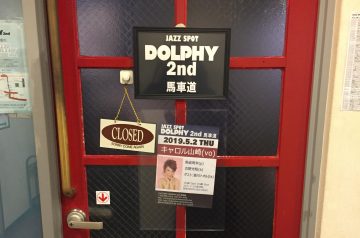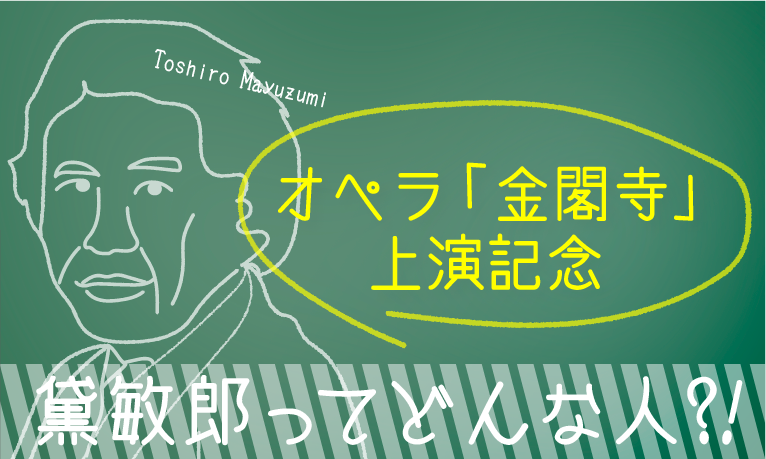
※Click to jump to the beginning of the article.
3 In his masterpiece, "Nirvana Symphony," the sound of actual bells is reproduced by an orchestra!
4. Mayuzumi-sensei also composed Giant Baba’s entrance song!
5. The secret story of Yukio Mishima: The feud over the opera "Minoko" and its aftermath...
A disciple of Akira Ifukube, who is also known for composing the Godzilla film series.
Born in Yokohama, Kanagawa Prefecture in 1929, Toshiro Mayuzumi experienced the Manchurian Incident, the prelude to World War II, at the age of three, and the Second Sino-Japanese War at the age of eight. Even during the war, young Mayuzumi, who had aspired to be a composer from this time on, continued to stay in contact with music through piano and music theory lessons, as well as drum and fife corps and brass band classes at school.
In April 1945, while the damage from the Great Tokyo Air Raids was still ongoing, he entered what is now the Tokyo University of the Arts, which was then a vocational school, at the age of 16, and spent his student days there until the end of the war. His first teacher, Kunihiko Hashimoto, resigned in the aftermath of Japan's defeat in the war, and he went on to study under composers such as Tomojiro Ikeuchi and Akira Ifukube.
Akira Ifukube is a composer best known for the music of the special effects film series "Godzilla," and this song is extremely famous.
The compositions that Mayuzumi composed while he was a student were of a very high standard, and his graduation piece Divertimento was even released on record, an unusual feat. Mayuzumi was 19 years old at the time.
Divertimento, 1948
He studied abroad at his own expense in Paris, but returned to Japan after one year. The reason for his return was that he had "no more to learn."
Mayuzumi had become a star in the classical music world at around the age of 20, and was already earning a comfortable income from film music work. In 1951, six years after the end of the war, at the age of 22, he went to study at the Paris Conservatoire at his own expense. At the same time, Betsumiya Sadao also went to France at his own expense, and Yashiro Akio went on a scholarship from the French government. Thus, three young Japanese composers set off for Paris, which was at the forefront of music at the time. However, Mayuzumi returned to Japan early, one year later, in 1952, saying that he had "no more to learn." In 1953, he released Japan's first musique concrète work, "X・Y・Z." In this way, he was one of the first to introduce cutting-edge music to Japan.
*Music Concrete: Music created by recording, processing, and reconstructing the voices of people and animals, noises from trains and cities, sounds from the natural world, musical sounds, electronic sounds, and musical compositions. A genre of contemporary music created in France by Pierre Schaeffer in the 1940s.
In his masterpiece, "Nirvana Symphony," the sound of actual bells is reproduced by an orchestra!
In his representative work, Nirvana Symphony, which won the 7th Otaka Prize in 1958, Mayuzumi recorded and analyzed the sounds of various temple bells and attempted to imitate them with an orchestra. The sound of temple bells, which is familiar to Japanese people, is actually made up of a complex harmonic structure, so analyzing and reproducing it is an extremely difficult task. In addition, since tape, which was the most advanced technology at the time, was used for recording, this piece also became a pioneer of tape music in Japan. After this piece, Mayuzumi returned to Japanese themes, and developed them into the music for his subsequent opera The Temple of the Golden Pavilion and the film Enjo (a 1958 Japanese film based on The Temple of the Golden Pavilion, directed by Ichikawa Kon and starring Ichikawa Raizo) .
Nirvana Symphony
Mayuzumi-sensei also composed Giant Baba's entrance song!
Giant Baba was a 209cm tall professional wrestler who was also popular as a TV personality. The theme song that always plays when he steps into the ring, "Sports March," was written by Toshiro Mayuzumi. In addition to his activities that have updated music history as mentioned above, he also frequently appeared on television and composed a lot of music that resonated with the "living rooms" of the Showa era. He wrote songs for Misora Hibari, Ishihara Yujiro, Maruyama Akihiro (now Miwa Akihiro), Yoshinaga Sayuri, Frankie Sakai, and others, and released many popular songs.
A secret story about Yukio Mishima. The feud over the opera "Minoko" and its aftermath...
Finally, I would like to share an interesting episode about Yukio Mishima, the original author of the opera "The Temple of the Golden Pavilion."
The two first met when Mishima went to see Mayuzumi, who was studying abroad in Paris. After returning to Japan, the two appeared to be good friends, working together on film and theater projects, but a rift developed between them when the opera "Minoko," which was scheduled to be produced by the Nissay Theatre at the time, was produced.
The opera Minoko was supposed to be a big hit, but while Mishima quickly finished writing the script, Mayuzumi's composition progressed slowly, and it ended up being so delayed that it couldn't be completed in time for the premiere. Mishima was so infuriated by this that he took away Mayuzumi's composition rights and canceled the performance. As a result, Mishima's Minoko has never seen the light of day as an opera, and this incident also destroyed the relationship between the two men.
A few years later, the Berlin Opera in Germany commissioned a Japanese opera, and Mayuzumi was chosen to write the music. Later, at the request of the director, Zellner, the opera was decided to be Mishima's "The Temple of the Golden Pavilion," and so the two had a chance to meet for the first time in a long time. Mayuzumi asked Mishima if it was okay to turn "The Temple of the Golden Pavilion" into an opera, to which Mishima agreed and promised to go see the premiere. Mayuzumi also told him that he would do his best, and they reconciled for the first time in several years. Thus, the opera "The Temple of the Golden Pavilion" was realized. However, this exchange between the two took place around 1968. The joy of reuniting the great duo was short-lived, as the Mishima incident at Ichigaya Garrison occurred in 1970. The opera "The Temple of the Golden Pavilion" premiered six years later in 1976. Unfortunately, Mishima was unable to see the premiere...
39 years after its premiere, "The Temple of the Golden Pavilion" will be brought back to the stage!
39 years have passed since the premiere, and Toshiro Mayuzumi's opera "Kinkakuji" will be performed for the first time in 16 years to commemorate the 40th anniversary of Kanagawa Prefectural Hall in Mayuzumi's hometown of Yokohama. This time, a timeless masterpiece that will remain in the history of Japanese opera and is full of various dramas, will be brought to life by a group of young people representing Japan, so don't miss this performance!
For performance details and related projects, please see the list of related events below.
*This page was compiled by MAGCUL.NET with reference to a lecture by music critic Morihide Katayama held on Saturday, November 7, 2015 as part of a project related to the opera "The Temple of the Golden Pavilion."
